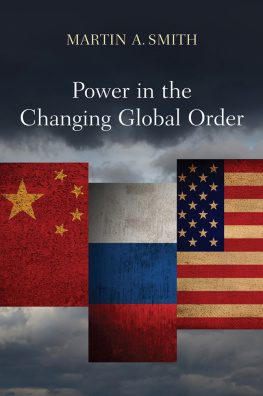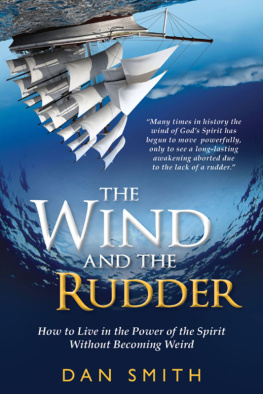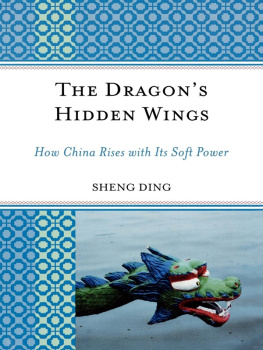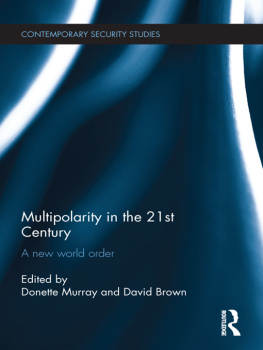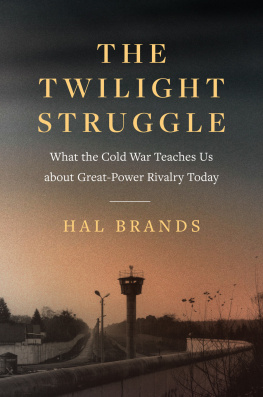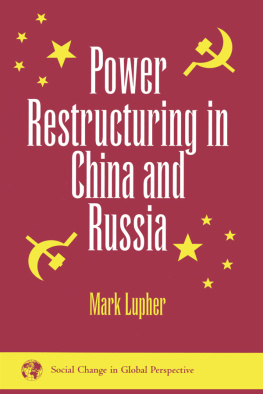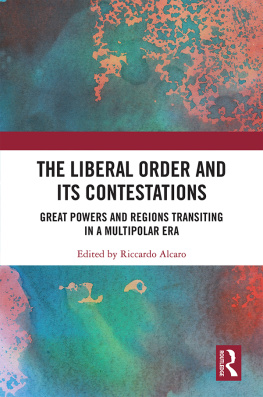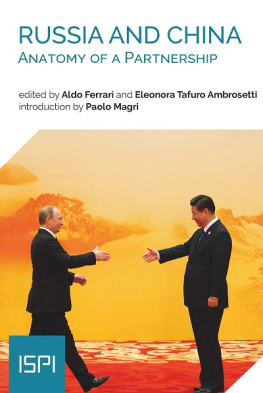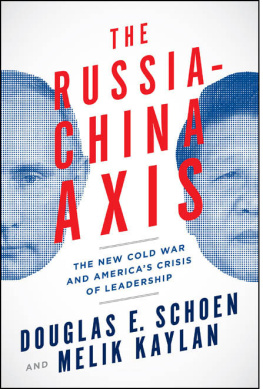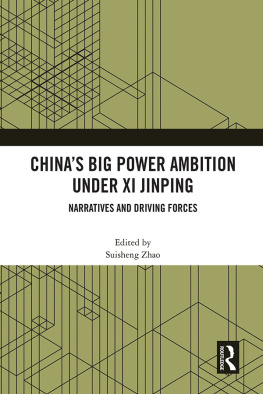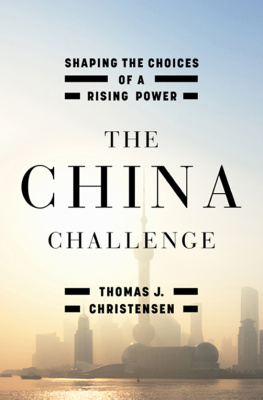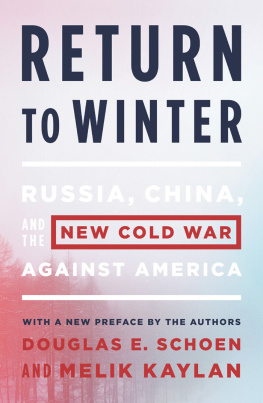Copyright Martin A. Smith 2012
The right of Martin A. Smith to be identified as Author of this Work has been asserted in accordance with the UK Copyright, Designs and Patents Act 1988.
First published in 2012 by Polity Press
Polity Press
65 Bridge Street
Cambridge CB2 1UR, UK
Polity Press
350 Main Street
Malden, MA 02148, USA
All rights reserved. Except for the quotation of short passages for the purpose of criticism and review, no part of this publication may be reproduced, stored in a retrieval system, or transmitted, in any form or by any means, electronic, mechanical, photocopying, recording or otherwise, without the prior permission of the publisher.
ISBN-13: 978-0-7456-3471-5
ISBN-13: 978-0-7456-3472-2 (pb)
ISBN-13: 978-0-7456-6133-9 (Multi-user ebook)
ISBN-13: 978-0-7456-6134-6 (Single-user ebook)
A catalogue record for this book is available from the British Library.
The publisher has used its best endeavours to ensure that the URLs for external websites referred to in this book are correct and active at the time of going to press. However, the publisher has no responsibility for the websites and can make no guarantee that a site will remain live or that the content is or will remain appropriate.
Every effort has been made to trace all copyright holders, but if any have been inadvertently overlooked the publisher will be pleased to include any necessary credits in any subsequent reprint or edition.
For further information on Polity, visit our website: www.politybooks.com
Acknowledgements
Notwithstanding its many other virtues, Sandhurst is a place where institutional support for academic research remains in some respects rather qualified and uncertain. I am, therefore, especially grateful to the individuals from within my department who have provided feedback on drafts of this work, either in whole or on particular chapters. Chief amongst these is David Brown, who read the complete manuscript and as usual provided detailed and very helpful critique. Donette Murray and Alan Ward kindly read and offered useful comments on individual chapters. Dr Murray also provided the opportunity for me to present an early draft chapter on China to a meeting of the departments informal research group. I am, additionally, no less grateful for the very detailed and helpful comments and suggestions offered by the two anonymous readers commissioned by Polity. The book is substantially better as a result of their input.
One of the undoubted academic advantages of working at Sandhurst is the Central Library. Andrew Orgill and his team have been as always a source of immense help and support in obtaining books and other materials from a wide variety of sources. Grace Hudson of Bradford Universitys J. B. Priestley Library also kindly provided me with a readers ticket, which enabled me to access her librarys very useful holdings of materials on Russia. I am grateful, finally, to Louise Knight and David Winters at Polity for their patience and understanding over a project which took rather longer to complete than originally intended.
In the final analysis, this book is the product of the authors own research and thinking. Its contents and conclusions should not be taken to reflect the policy or views of the British government or Ministry of Defence, or the Royal Military Academy Sandhurst.
Martin A. Smith
Camberley, Surrey
September 2011
Introduction: Power in the Changing Global Order
The purpose and plan of this book
This book is about international power. The topic has been discussed extensively, but thus far with some significant limitations as far as the world politics and international relations literature is concerned. The main one has arisen from a noticeable disinclination on the part of international relations scholars to explore in depth what the idea of power actually means. Analysts working in the field have often seemed more comfortable thinking and writing about who has power and what they do with it, rather than about the core issue of what it is.
The discussions that follow in this brief introduction will address this limitation in more detail. Chapters 1 and 2 will follow on from this by developing an approach to the understanding of power in the international arena. This will then form the conceptual basis for analysing the power of the three states under consideration in this book. Because of the relative absence of relevant work in the world politics and international relations fields, much of the analysis in these opening chapters will draw upon the work of scholars working within the fields of sociology and philosophy.
Having developed a working understanding of power, in subsequent chapters of the book I will test and explore its utility in helping to construct and inform assessments of the power of the contemporary United States, Russia and China. The overall aim here is not to offer a comprehensive introductory guide to power and power relations in the contemporary world per se . Hence, relatively little will be said about other states (or groupings of states), such as India, Japan or the European Union, that may be considered significant powers in their own right. By the same token, there will be little discussion of supposedly emerging powers such as Brazil or South Africa.
The three states under consideration here have been chosen on the basis that they represent distinct and important case studies of key aspects of international power in the contemporary world (defined here as the period since the ending of the Cold War in 198991). Analysis of their particular characteristics, features and actions therefore affords the opportunity to develop a nuanced assessment of key distinctive features of power in the modern international arena.
After 1945, the United States became the central actor in an international system based on structures, norms and processes of what has been called liberal hegemony, which will be analysed in chapter 3. The US has remained, by common consent, a if not indeed the pivotal international power since the end of the Cold War. Accordingly, the post-Cold War US will receive substantial analytical attention in this book.
Analysts have generally defined the United States status since the collapse of the Soviet Union at the end of 1991 with reference to the existence of a unipolar world order. The premises of the unipolar concept will be introduced and examined in chapter 3. Chapter 4 will then assess the extent to which the real world order of the 1990s was indeed marked by American unipolarity. During that decade, debates and controversies first arose (and have continued since) over whether the US was accumulating too much power in the absence of an effective system balancer of the kind that the Soviet Union had been during the Cold War.
These debates reached a new intensity after the turn of the millennium. This was a development fuelled largely by the George W. Bush administrations alleged misuse of the USs unipolar status in ways that, according to some, ultimately damaged its international power. The controversies and debates surrounding the initial Bush approach to American power will be examined in chapter 5. There is strong evidence to suggest that the Bush administration recognized the damage that was being done by its early approach to the conduct of international relations, and that it learned from its mistakes and altered its course in significant ways during its second term in office from early 2005. In order to offer a fully rounded assessment of this controversial presidency, this evidence will be examined and discussed in chapter 6.

